30 January 2025
Are you trying to decide whether to buy your game tickets early or wait until the last minute? It's a common question, and the answer isn't always clear-cut. Sometimes, buying in advance feels like the smart move, but other times, you might wonder if holding out until game day could snag you a better deal. Let's face it: tickets are an investment, and no one wants to overpay or miss out entirely. So, should you pull the trigger early or roll the dice by waiting? Let’s dive into the pros and cons of both options and help you make the right call.
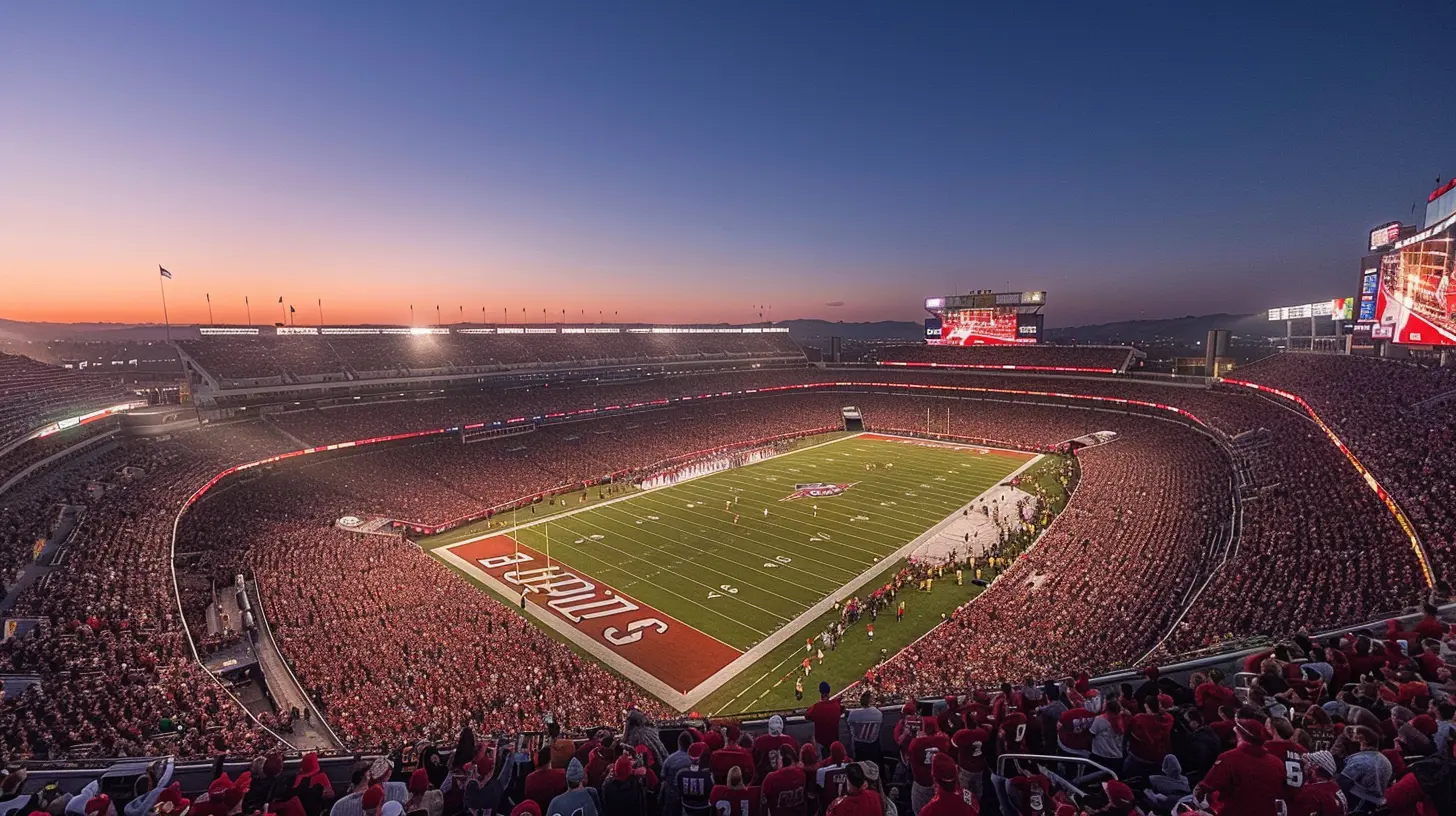
The Temptation to Buy Tickets in Advance
We’ve all been there. The schedule drops, you’ve circled a few games you want to attend, and there’s that immediate urge to lock in your tickets. It’s understandable! It feels good to be prepared, doesn’t it? You’ve claimed your seats, the anxiety of missing out is gone, and now you can just look forward to the game. But is this always the smartest move?1. Peace of Mind
One of the most significant advantages of buying tickets in advance is the peace of mind it brings. You don’t have to worry about whether the game will sell out or if prices will skyrocket as the event approaches. Once you’ve got your tickets secured, you can sit back, relax, and start planning your game day experience—you know, where to park, what to wear, and what food you’ll be indulging in at the stadium.2. Better Seat Selection
When you buy early, you get first dibs on the best seats in the house. If sitting close to the action is important to you, or if you’re picky about your view, buying in advance is probably the way to go. As the game day approaches, the best seats tend to get snatched up, and you may find yourself stuck with less desirable options. I mean, do you really want to be sitting in the nosebleeds if you could’ve gotten a better spot earlier?3. Avoiding FOMO (Fear of Missing Out)
Let’s be real: the fear of missing out is a powerful motivator. If it’s a big game—like a playoff matchup or a game against a major rival—there’s always that looming fear that tickets will sell out. And trust me, nothing stings quite like realizing you waited too long and now there’s no way to attend the game. Buying early eliminates the risk of being left ticketless and having to watch from your couch instead of being part of the live action.4. Potential for Discounts and Early Bird Deals
Sometimes, teams or event organizers offer early-bird discounts. It’s not super common, but it does happen, especially for preseason games or less high-profile matchups. If you can score a deal by buying early, that’s a win-win. You get the peace of mind and a little extra cash in your pocket to spend on those overpriced stadium nachos (which, let’s be honest, are totally worth it).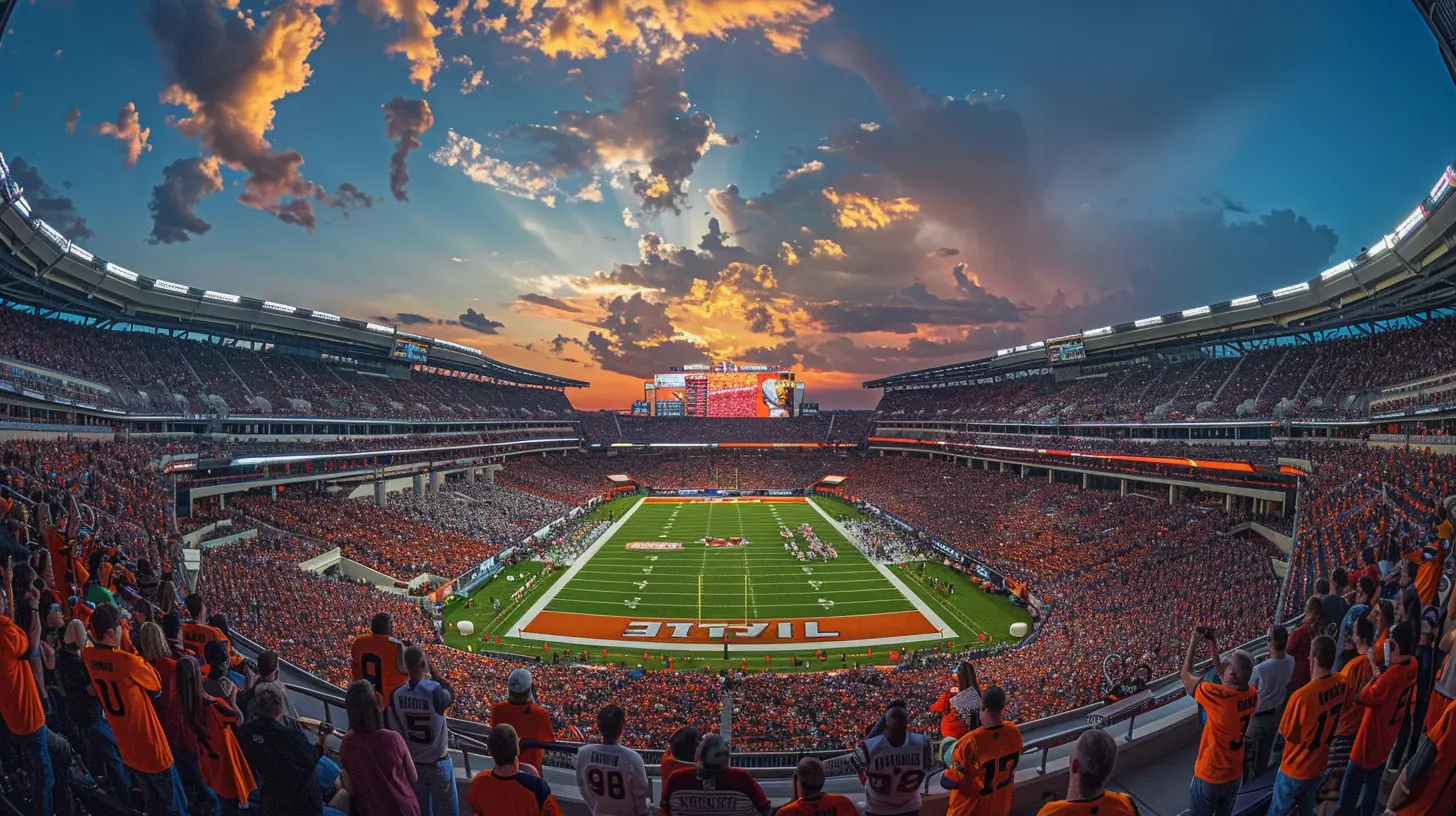
The Case for Waiting Until Game Day
Now, let’s flip the script. Waiting until game day can feel risky, but it could also pay off big time. If you’re the type of person who thrives on spontaneity and is willing to take a gamble, holding off on buying tickets might just work in your favor.1. Last-Minute Price Drops
Here’s the thing: ticket prices fluctuate. Sometimes, sellers get nervous as game day approaches and they still haven’t sold all their tickets. This is especially true for third-party sellers or people who bought tickets but can no longer attend. As the event nears, they may drop the price in hopes of making a sale. If you’re willing to play the waiting game, you might be able to score a great deal at the last minute.It’s kind of like waiting until the end of a garage sale—sellers might not be willing to take a low offer in the morning, but by the afternoon, they’re practically giving stuff away. Of course, this isn’t guaranteed, but if you’re flexible and willing to take a chance, it could work out in your favor.
2. Flexibility: The Ultimate Advantage
One of the best reasons to wait until game day is flexibility. If you’re not 100% sure if you can make the game or if you're still deciding between a few different events, holding off on buying tickets allows you to keep your options open. Life happens—plans change, weather can be unpredictable, and sometimes, you just don’t feel like going out on game day. By waiting, you avoid being locked into something you’re not sure about.And let’s not forget about the weather. There’s nothing worse than buying tickets weeks in advance only to find out it’s going to be pouring rain or freezing cold on game day. By waiting, you can make a last-minute call based on the forecast and your mood. No one wants to sit in the bleachers during a downpour unless you’re really dedicated.
3. Sold-Out Games Aren’t Always Sold Out
Here’s a little secret: just because a game is “sold out” doesn’t mean you can’t get in. Resale markets like StubHub, SeatGeek, or even Craigslist often have tickets available up until the very last minute. In fact, some people buy tickets just to resell them, and they end up lowering the price as the game approaches to make sure they don’t lose money.In some cases, stadiums even release more tickets closer to game day. These could be seats that were held back for promotional purposes or tickets that were returned. So, even if you’re worried about a sellout, you might still be able to find tickets if you wait.
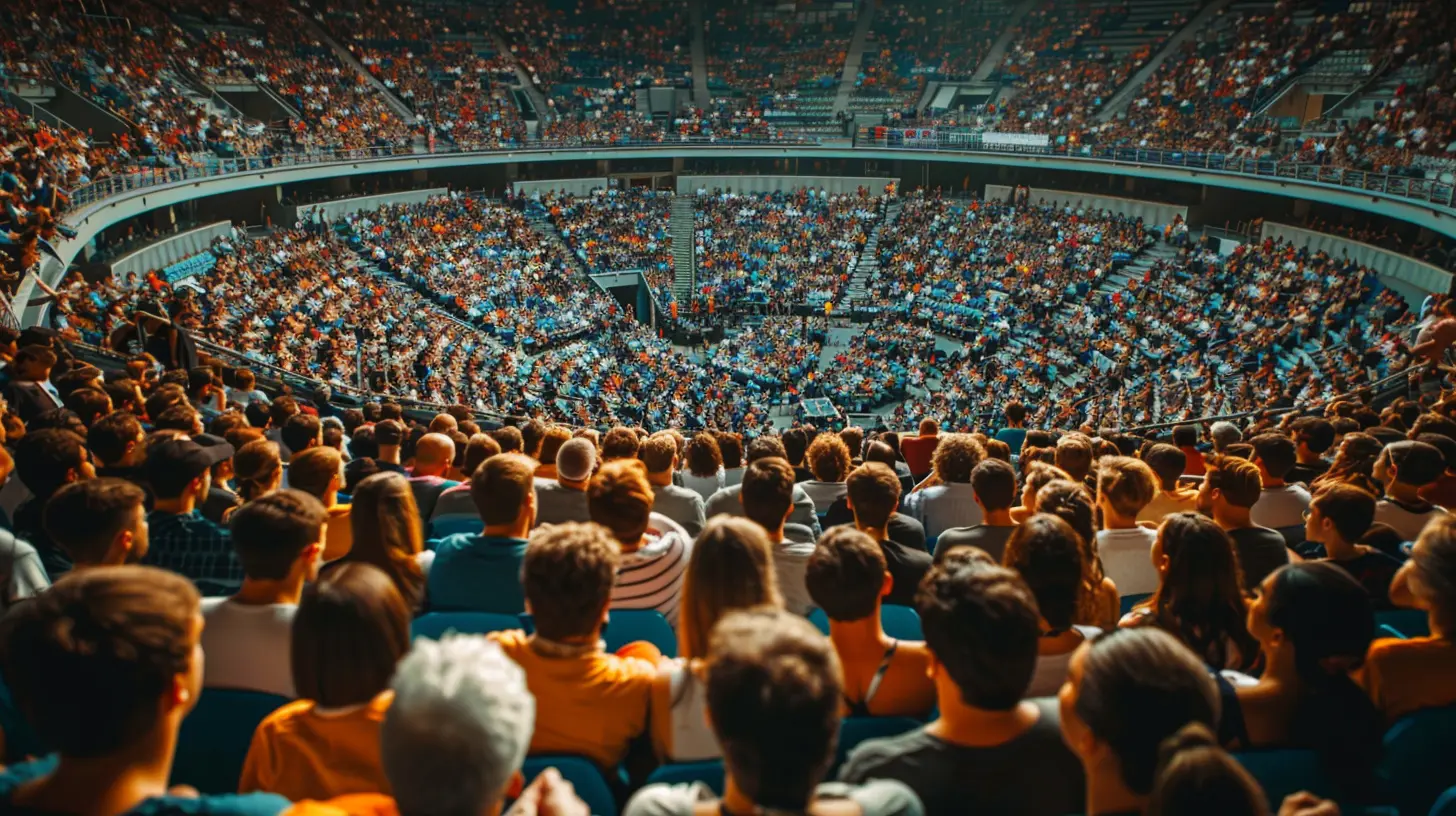
The Risks of Waiting
Okay, so waiting can have its perks, but let’s not ignore the elephant in the room: waiting comes with risks. If you’re a risk-taker, this might not bother you, but for those who like to plan ahead, these risks might be deal-breakers.1. Prices Could Go Up
Just as prices can drop, they can also go up. If demand is high, especially for a big game, tickets might become more expensive as game day gets closer. Instead of scoring a deal, you could end up paying way more than you would have if you’d just bought the tickets early. There’s always that fear of watching ticket prices skyrocket and regretting that you didn’t grab them when they were cheaper.2. Limited Availability
The closer you get to game day, the fewer tickets there are likely to be. If it’s a popular game, waiting might mean you’re left with slim pickings—or worse, nothing at all. If you’re not picky about where you sit, this might not bother you, but if you have your heart set on specific seats, waiting could backfire.3. Stress and Uncertainty
Let’s be honest—waiting until the last minute can be stressful. If you’re someone who likes to have a plan locked in, the uncertainty of waiting can be nerve-wracking. There’s a lot of “what ifs” involved. What if there aren’t any tickets left? What if the prices go up? What if you miss out entirely? If you’re not comfortable with that level of unpredictability, buying in advance might be the safer option for your peace of mind.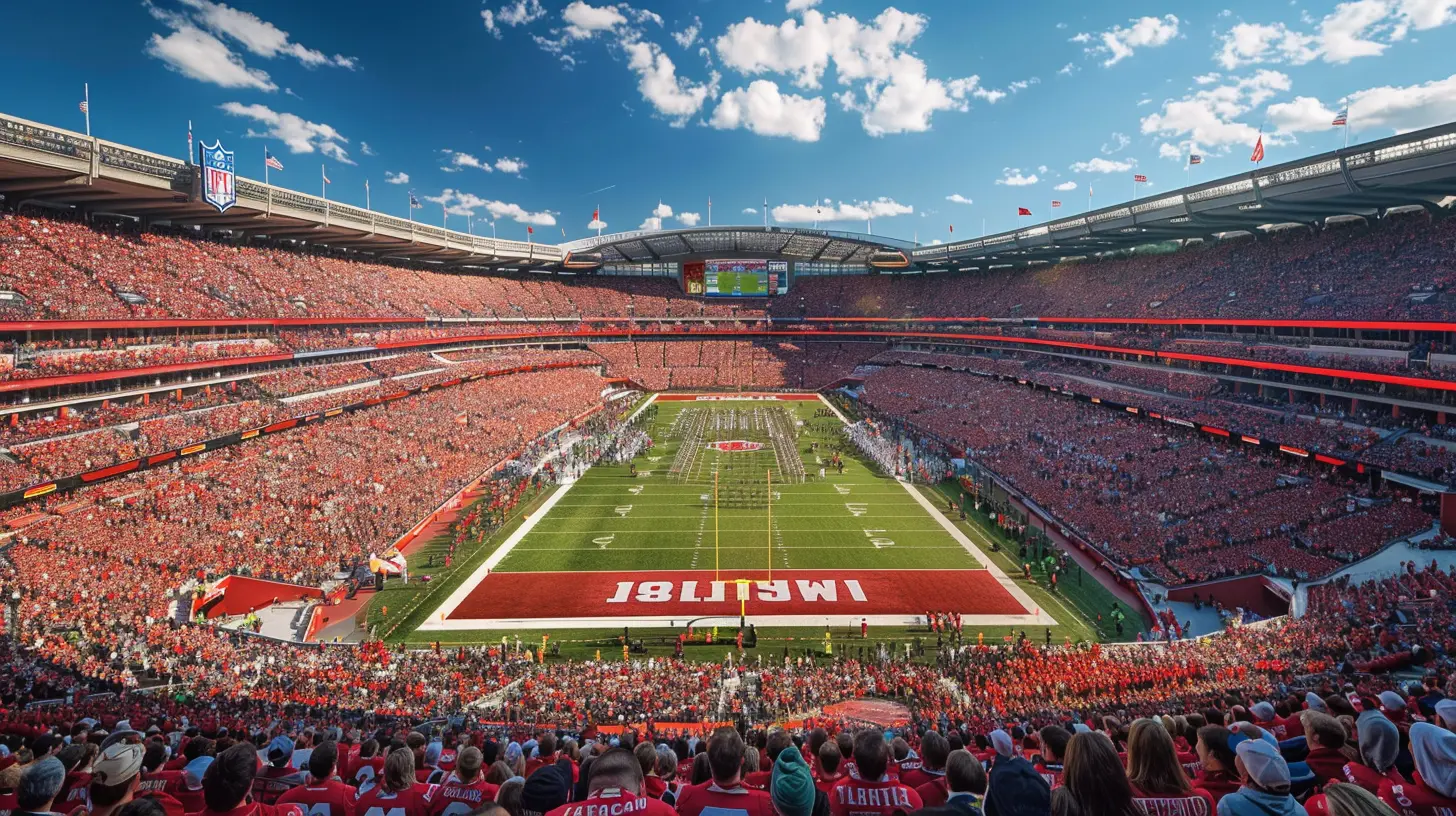
So, What’s the Best Approach?
At the end of the day, whether you should buy tickets in advance or wait until game day comes down to your personal preferences and circumstances. If you’re risk-averse, value peace of mind, or have your heart set on specific seats, buying in advance is probably the way to go. You’ll lock in your tickets, avoid the stress of last-minute decisions, and ensure you’re all set for game day.On the flip side, if you’re more spontaneous, flexible, and willing to gamble for a potential deal, waiting could pay off. You might score lower prices, especially for less popular games, and keep your options open until the very last minute.
A Hybrid Approach?
Here’s a thought: why not do a little of both? For those who want to hedge their bets, you could buy tickets to a few must-see games in advance (especially if they’re high-demand matchups) and wait on other games where you’re more flexible. That way, you get the security of knowing you’ll definitely attend your top-choice events, but you still leave room for potential last-minute bargains.Ultimately, there’s no one-size-fits-all answer. It all depends on your personality, budget, and how much you’re willing to risk for the chance of getting a deal. So, what’s it going to be? Will you play it safe or roll the dice?


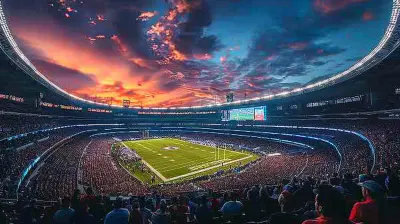




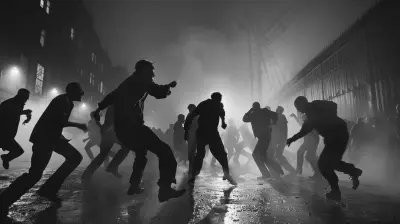

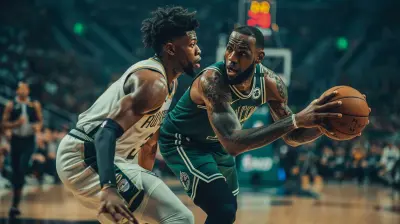


Gwen Nelson
Buying tickets in advance secures better seats and price stability, while waiting can yield last-minute deals but risks sellouts. Weigh convenience against potential savings for best results.
February 24, 2025 at 8:18 PM